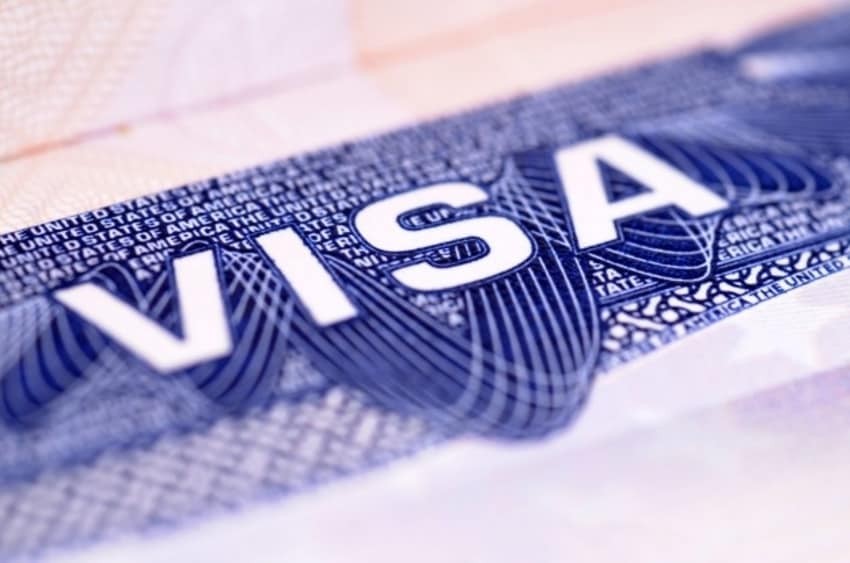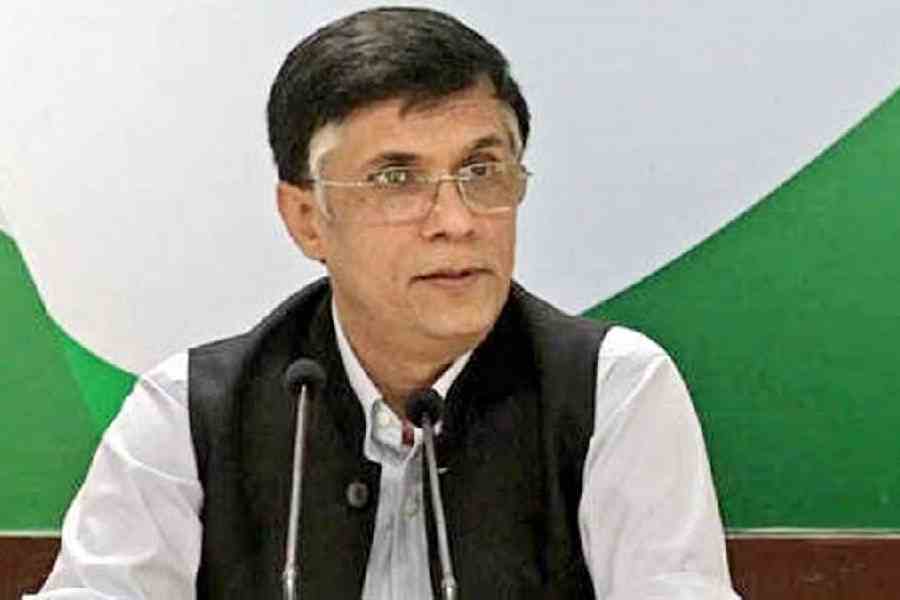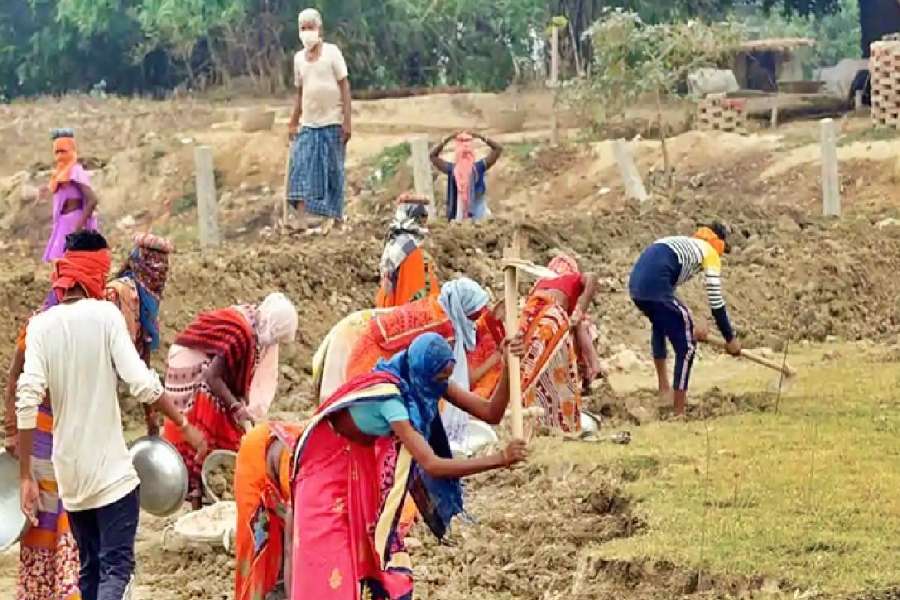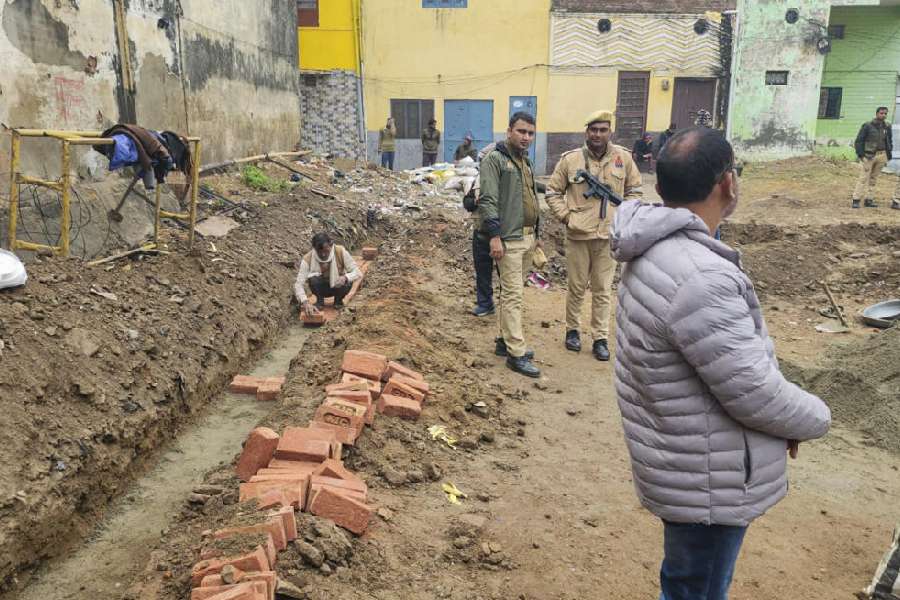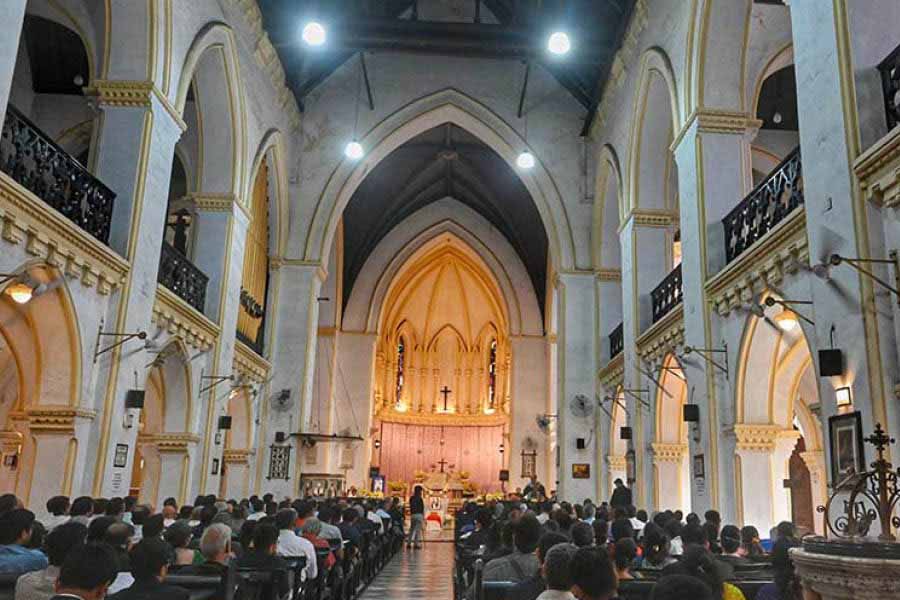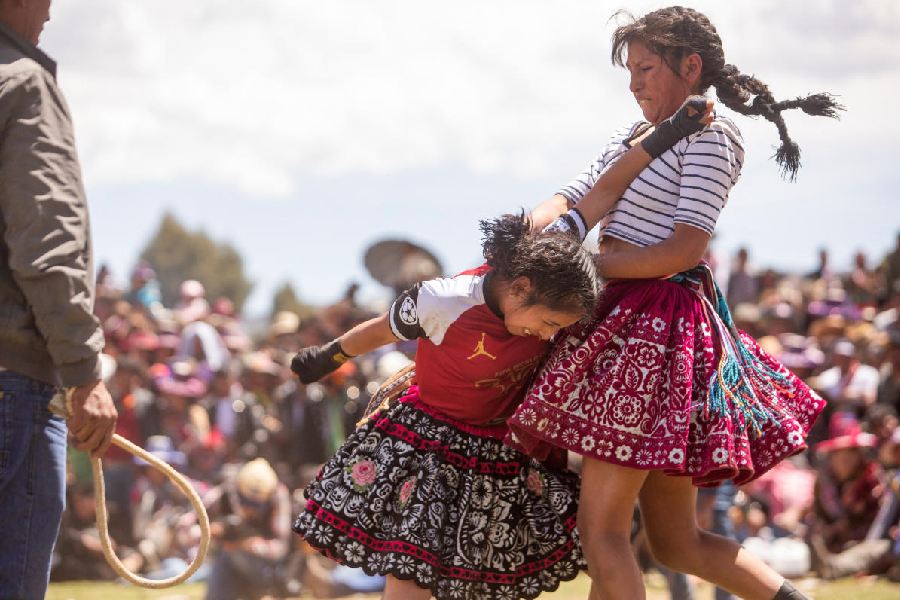The US is “putting every ounce of its energy” to eliminate the long visa wait time in India, including sending a cadre of consular officers to the country and opening up its other overseas embassies as far away as Germany and Thailand for Indian visa applicants, according to a senior US visa officer.
India was one of the very few countries where applications for US visas saw a major upswing after coronavirus-related travel restrictions were lifted.
There have been growing concerns in India over the long waiting period for first time visa applicants, especially for those applying under B1 (business) and B2 (tourist) categories.The waiting period of first time B1/B2 visa applicants in India was close to three years in October last year.
“We're putting every ounce of our energy toward eliminating these (visa) wait times in India,” Deputy Assistant Secretary for Visa Services, Julie Stufft told PTI in an interview.
The normalisation of visa operations around the world right now is a top priority, she said.
“We're sending a cadre of consular officers to help our staff in our embassy and consulates in India. They're working shifts during the day. They're working weekends, mainly to do visitor visa interviews, which of course are now the only remaining visa type that we have long wait times for,” she said.
The US has one of the largest visa operations in the world. “We have many, many different visa types that we need to serve in India.” Prominent among them are visas for students, tech workers, immigrants who are moving permanently to the US, and seafaring crew members.
The US has worked through all of these with the exception of the biggest category – visa for visitors who need an interview.
Stufft said in working through those visa types this year, the US has made a lot of progress. The wait time for an interview for work visas – such as H-1B and L1 visas -- has gone down from 18 months to about 60 days.
The H-1B visa is a non-immigrant visa that allows US companies to employ foreign workers in speciality occupations that require theoretical or technical expertise.
Indians make up a large proportion of the recipients of H-1B and other work visas granted to skilled foreign workers, many in the tech industry.
India broke the record for most student visas last year and it may do so this year again, she said, adding that India is now number two in the world in terms of international students coming to the United States.
“We are really, we're putting all of our efforts now focusing on this visa for visitors and those, in particular, if you don't need an interview, you don't need to wait very long at all for a visa renewal. And that's also one part of our strategy as well,” she said.
On how the pandemic posed an obstacle in its visa operations, Stufft said it was like the US took its biggest machine in the world to a screeching halt, stopping it completely. “Now we are running it faster,” she said.
The State Department is putting a lot of stress on the operations to make for what it lost during that period, with Secretary of State Anthony Blinken taking a personal interest in reducing the visa wait time, she said.
“It's just absolutely just massive amounts of demand across the board for visa categories. And it's our responsibility to meet that demand and to offer those appointments. That's what we're doing now,” the State Department official said.
“We had a point where we had all of these appointments available, but we had a 1,000-plus day wait time for some of them to today where we have no wait times for all visa categories except one,” she said.
In one visa category, the wait time is still over 400 days, but far less than it was earlier. It is continuing to get better every day, yet “400 days is not acceptable,” Stufft said.
According to her, dozens and dozens of consular officers who don't work permanently in India are being moved to its various missions in India to help its staff there, “We are spending a huge amount of manpower to come up through this wait time,” she said.
Stufft said their goal this year is to get to the 120 calendar days wait time for all of the visa categories.
“That's really what we consider to be the baseline acceptable around the world. In India, this is a matter of seeing how much demand there is and how we compress that and make interview appointments available so that that wait time actually comes down,” she said.
American consulates and embassies in and around India and away in Germany have been giving visa appointments to Indians who are in a position to travel abroad. “We are getting better. It's moving faster and there will be a day when this is all behind us.” “This is not something that's for everyone. But we've had other embassies around India open up so that applicants can go there if it's convenient for them to leave India briefly to have that visa application,” she said.
“In particular our posts in Germany, Thailand and a few others have set aside appointments for Indian applicants, just as if they were from that country,” she said.
“I understand this is not an option for everyone. But I was just checking our statistics that since October, Indian applicant visa applicants have gone to 192 of our overseas offices to apply for a visa. That is stunning. That's almost all of our overseas offices overseas.
“So obviously some of those applicants were living in a different region, but it really has been helpful for many applicants to apply elsewhere,” Stufft said.
“As a result of the recent expansions of interview waivers, more than 30,000 Indian applicants have benefited from this. They did not need an interview to get their visa but in the recent past, they would have needed that interview,” she added.
Except for the headline, this story has not been edited by The Telegraph Online staff and has been published from a syndicated feed.

